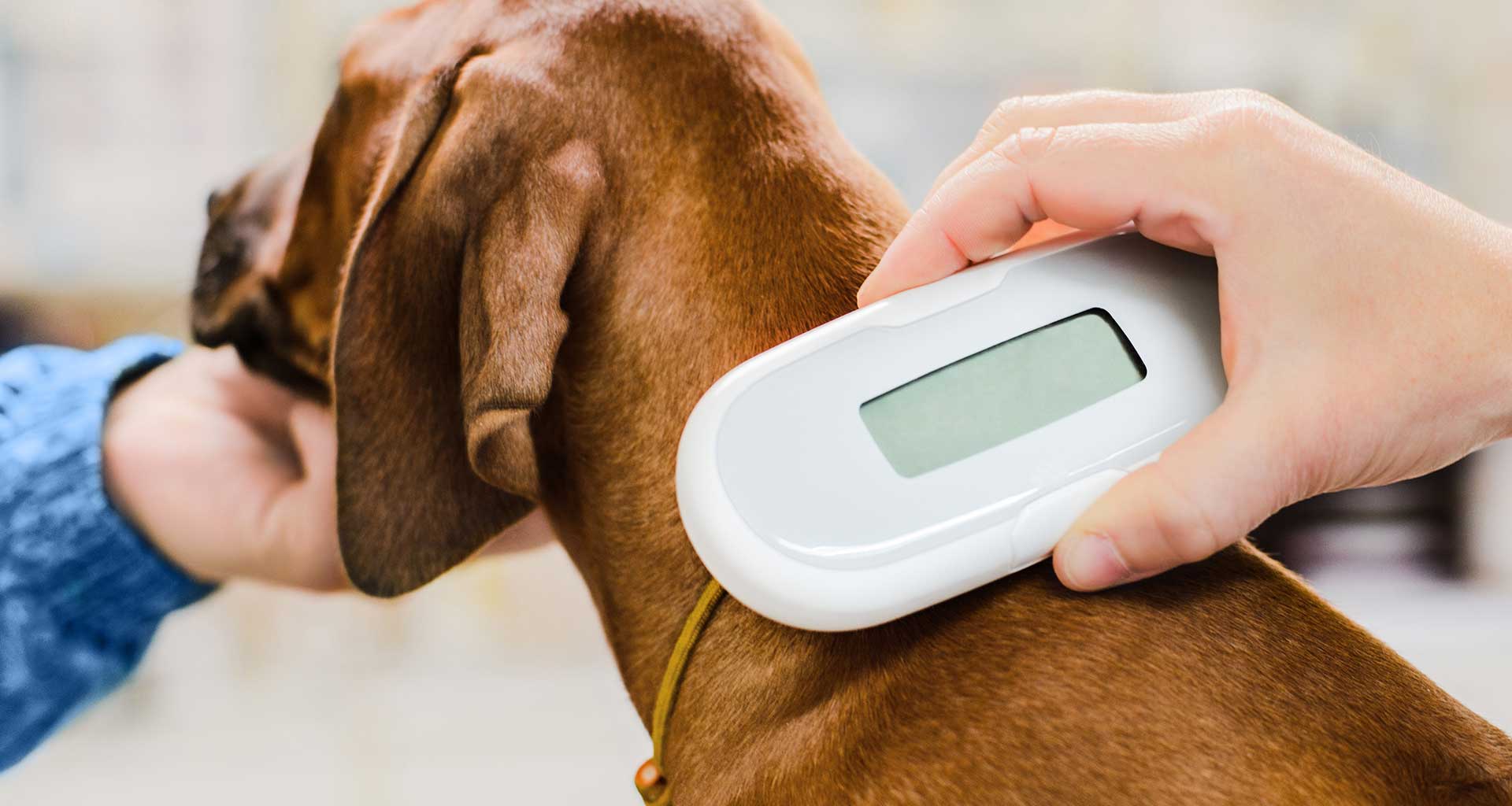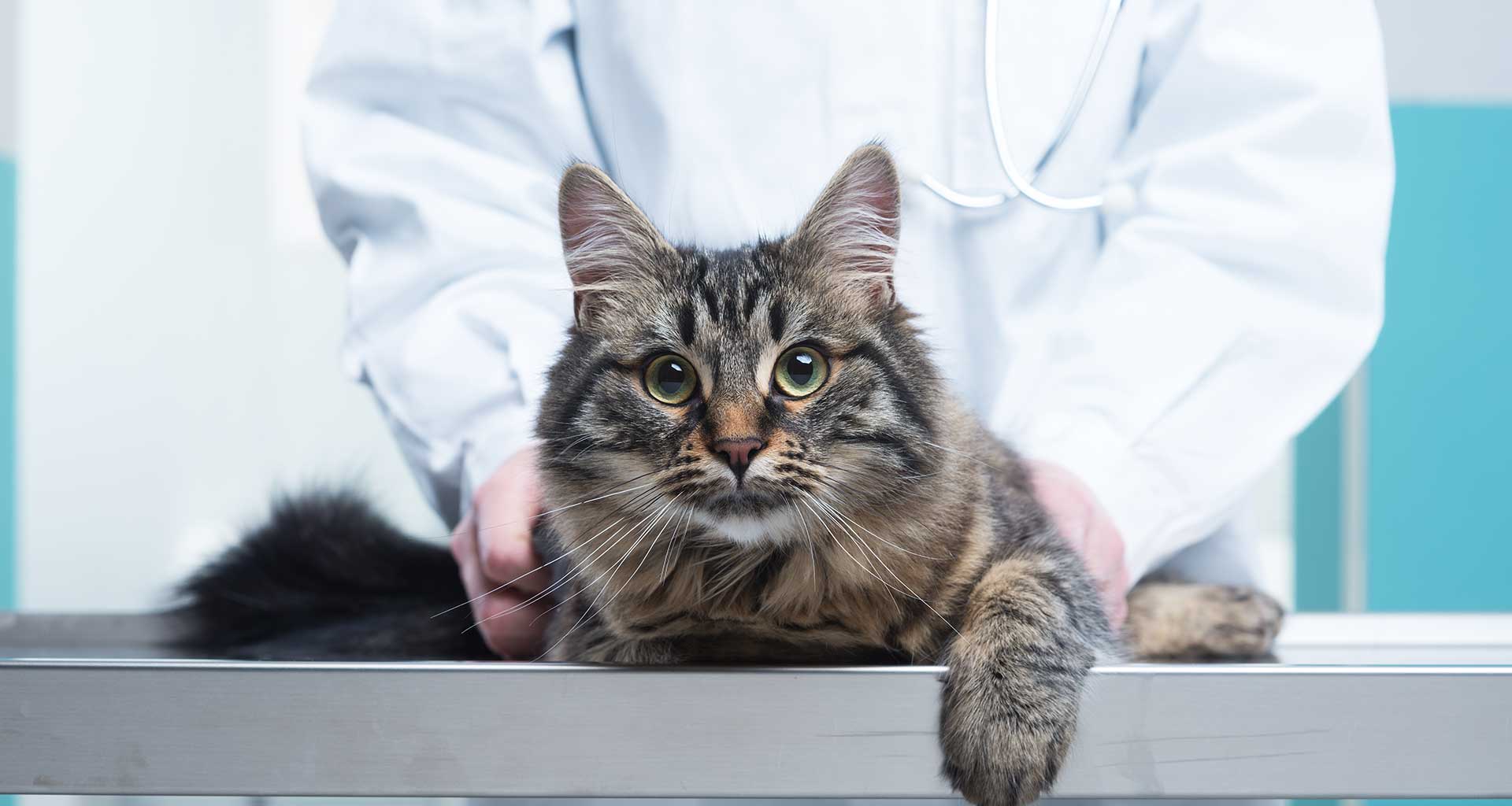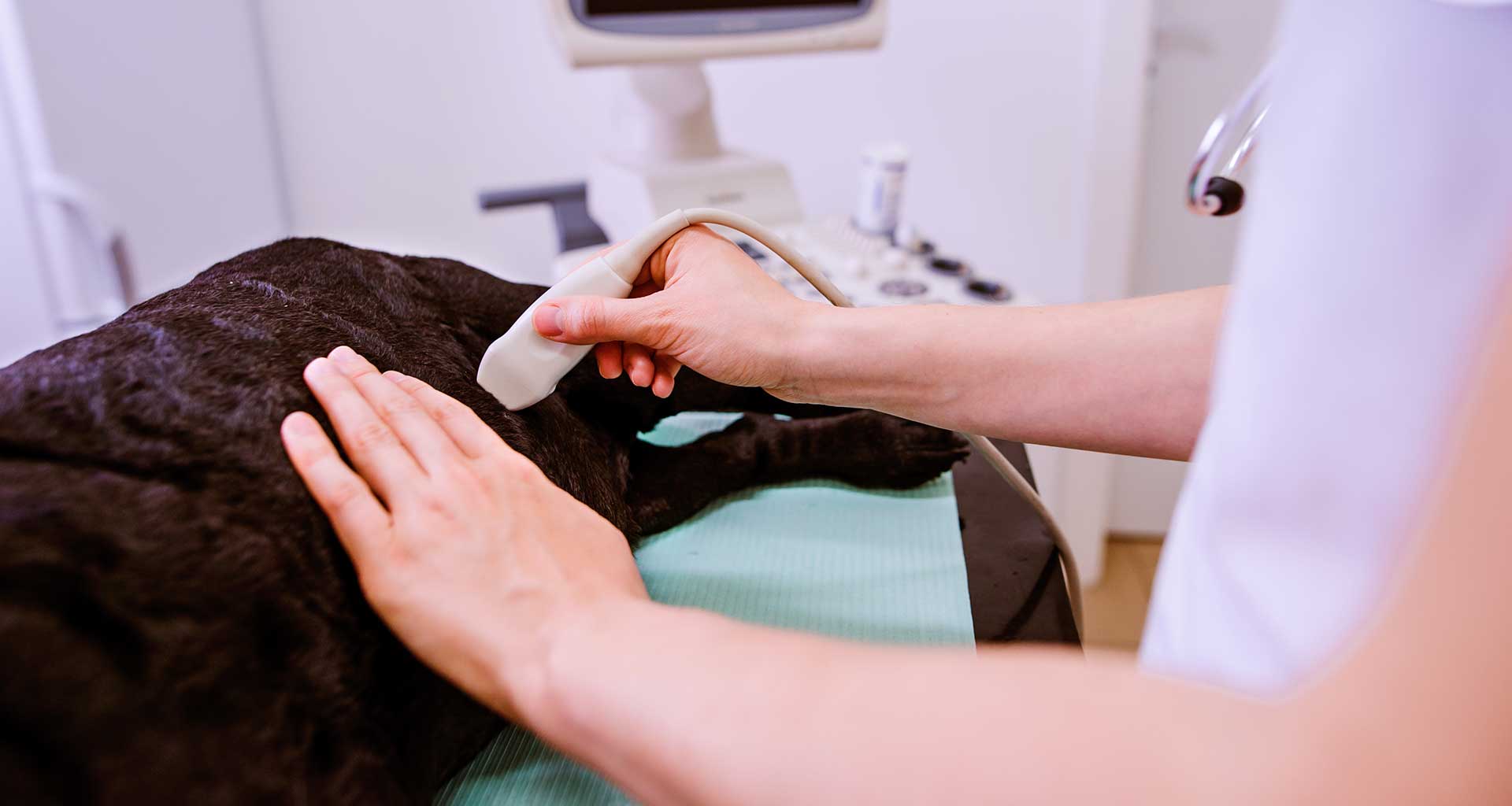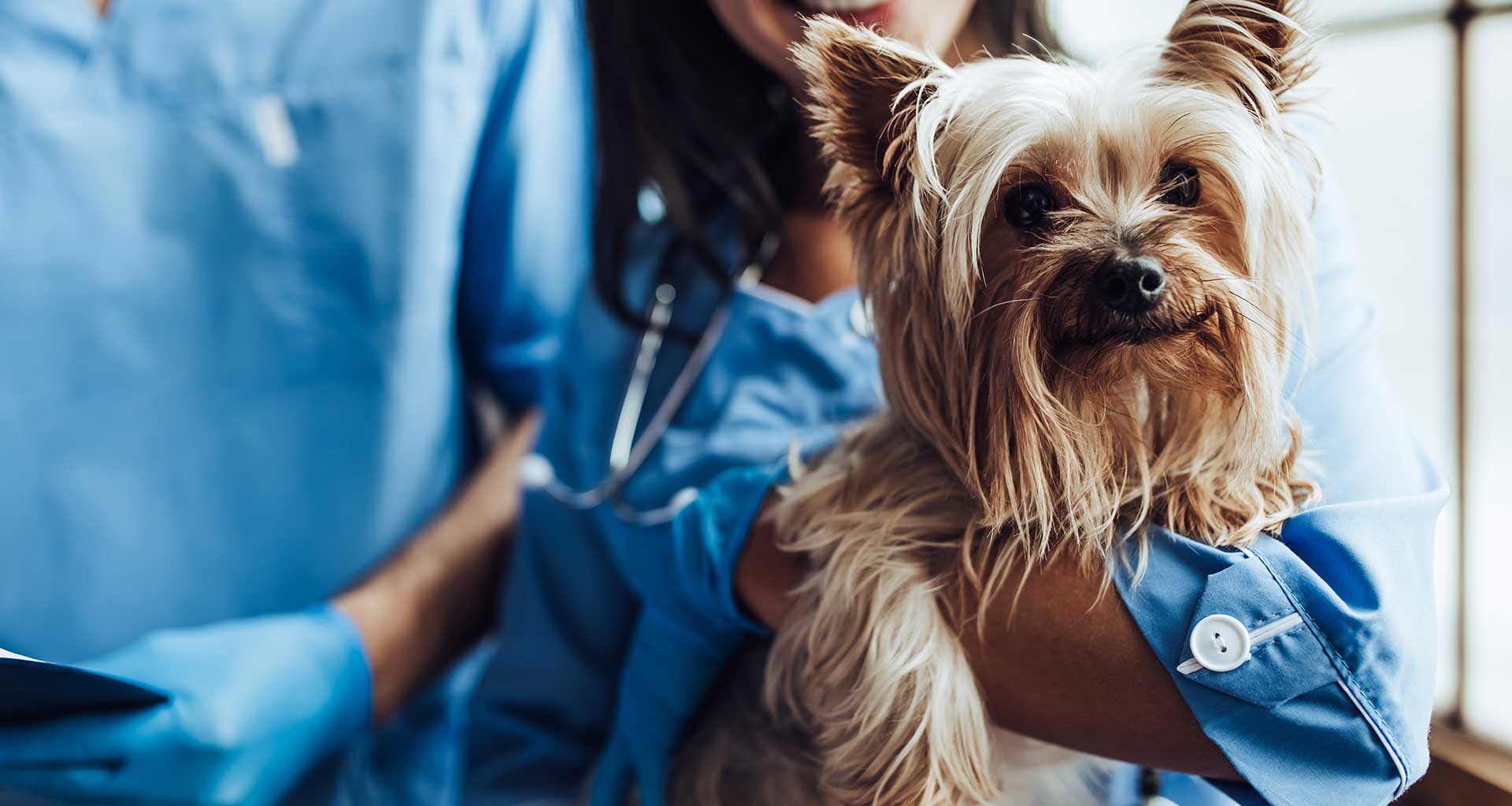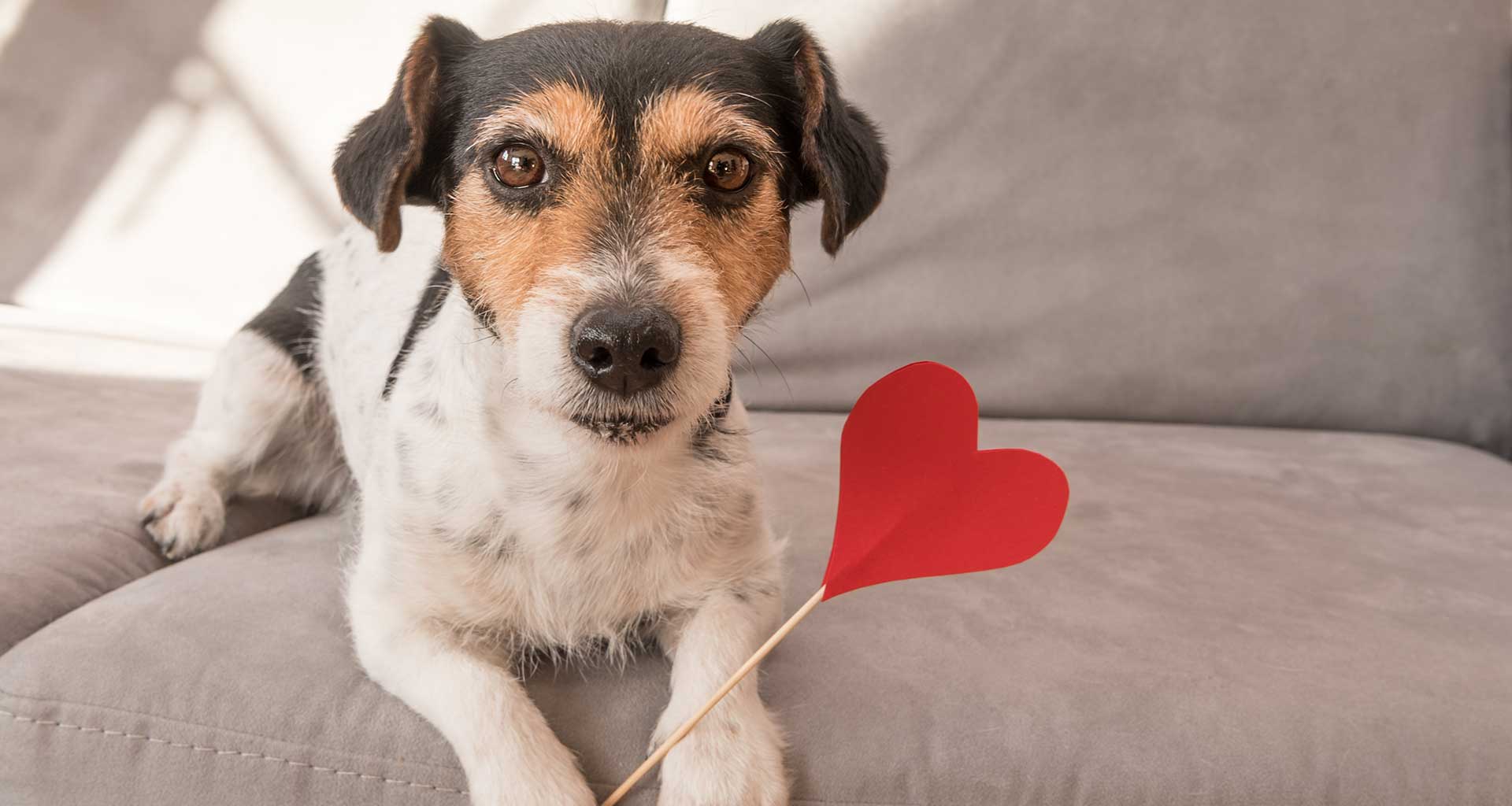Puppies and dogs are just great companions. Whether you are young or old the enthusiasm that a dog has for life is infectious. Their unconditional love and loyalty to their owner is heart-warming.
Dogs and puppies need you to take care of them, which include grooming, feeding and making medical decisions. Vaccinations and regular booster shots are one of those decisions.
The importance of vaccinations
Every dog owner wants to keep their dog happy and healthy for as long as possible. Vaccinations are a core part of this and maintaining your pets health. They can reduce the severity of infections or prevent the spread of certain viruses. There is little to no side-effects in most vaccination cases.
It is mandatory to vaccinate your dogs. Having mandatory vaccination policy not only protects your dog from the viruses, but all the dogs in your community.
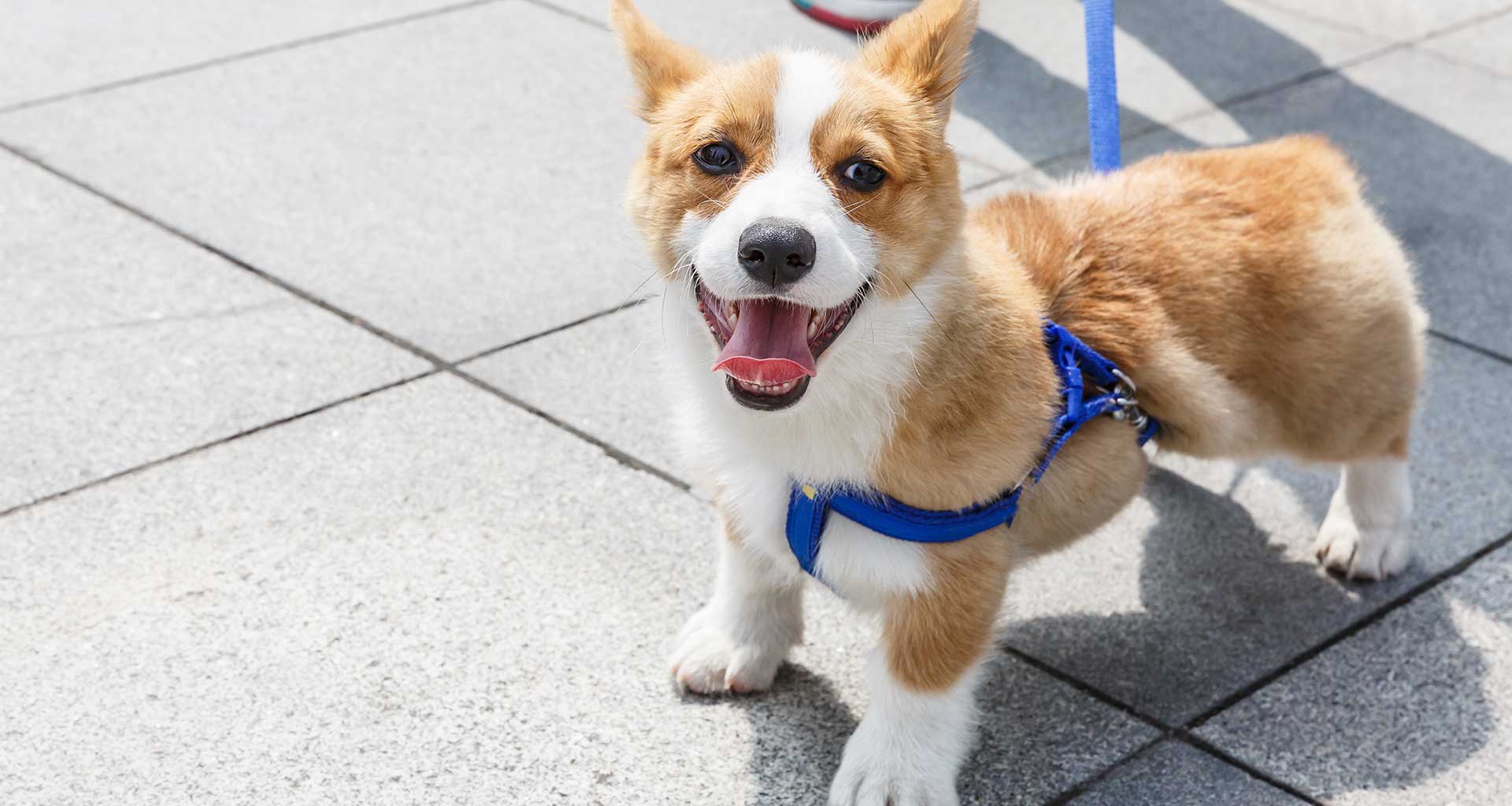
Core and non-core vaccinations
There are two different types of vaccinations. Core and non-core. The core vaccinations are mandatory. Dogs and puppies that are at risk for other infections may need non-core vaccinations.
Core vaccinations for dogs:
- Canine Distemper Virus
- Canine Adenovirus
- Canine Parvovirus
- These are the viruses which every dog needs to be vaccinated against, the C3 vaccination is a combined injection for these viruses.
Non-core vaccinations for dogs:
Dogs may be recommended to have the non-core vaccinations. The vet will need information like the area you are keeping the dog, whether or not you go to dog parks or whether your dog spends any time in kennels. Addition vaccinations may include:
- Canine Parainfluenza virus
- Bordetella Bronchiseptica
- Leptospirosis bacteria
- Further vaccines may be needed if your pet is traveling overseas.
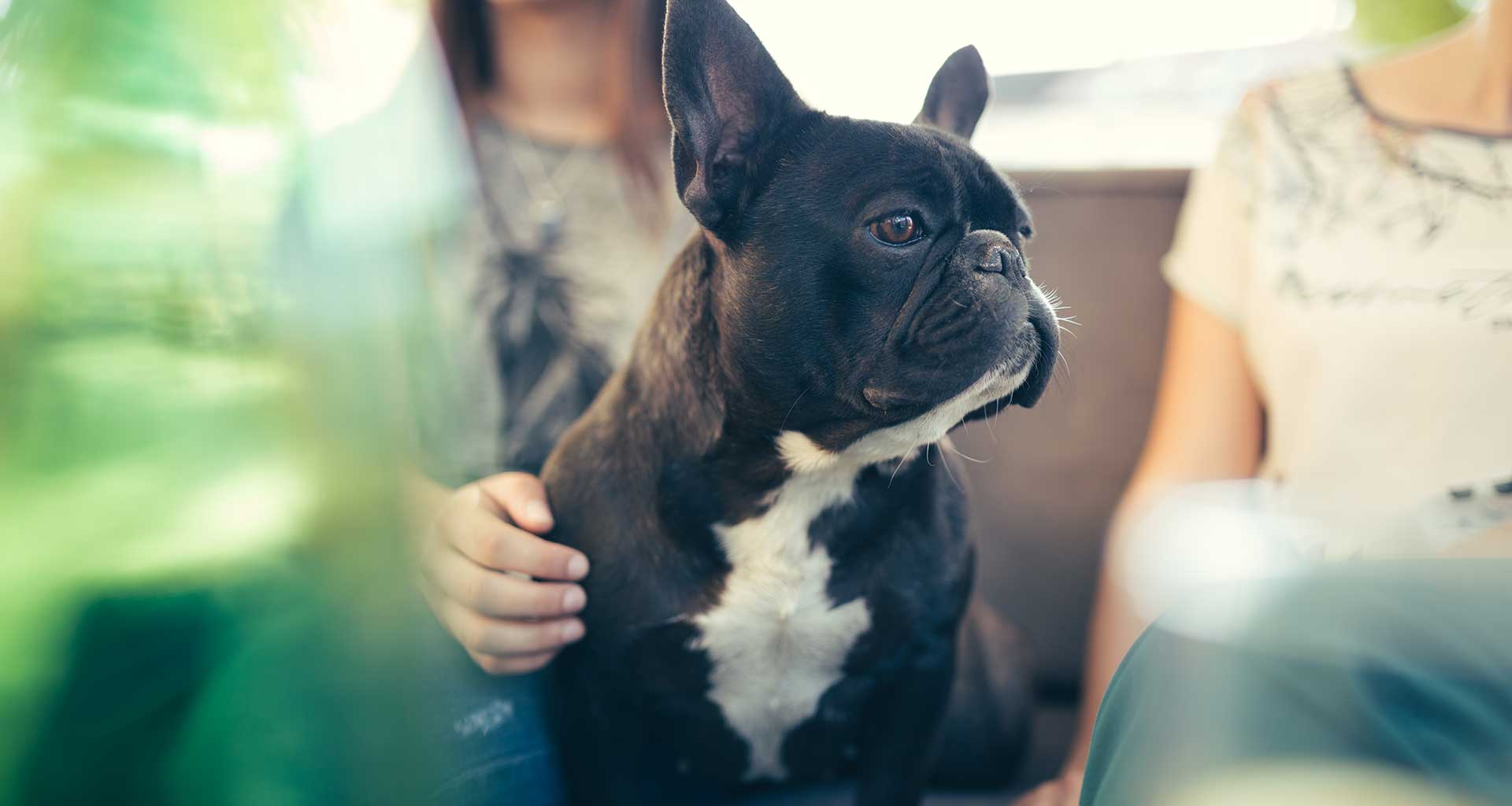
Vaccination Schedule
You will need to find out any vaccination history you can from the breeders or the shelter. Your vet needs the puppy or dogs medical history to determine if they are on schedule, and healthy enough to receive the vaccine.
Puppies typically receive their first vaccinations around 6-8 weeks, followed by a booster at 12-14 weeks, and again at 16-18 weeks, depending on your veterinarian’s guidance. This schedule may vary based on specific vaccines used and when your puppy’s first consultation took place.
Vaccinations wear off over time so to keep your dog protected they get booster shots with their annual check-ups.
Are vaccines safe?
The short answer is yes. There have been cases of anaphylactic reactions to the vaccine but they are rare and treatable. Vaccines are a lot less harmful than the illnesses they are targeting. Your dog’s immune system needs to create antibodies to fight illness causing viruses and bacteria, vaccines prompt the body to make the antibodies. Vaccines do not completely prevent your pet from getting the illness. They reduce the threat and the severity of the illness. To create a vaccine scientists often use a weakened version, or a non-threatening part of the virus.
You should always keep an eye on your puppy or dog after they have had their injections. There are a few side effects, including sensitivity, lethargy and a bit of a fever. The side effects usually last between 24 to 48 hours, if the symptoms increase in severity or if it carries on for more than 48 hours you need to contact the vet.
FAQ
A: All dogs receive the same core vaccinations and potentially they need non-core vaccinations.
A: Make an appointment soon as suitable to make sure that you get your doggy back on track.
A: It is mandatory to vaccinate your dog to protect your dog, your family and the dogs around you.
